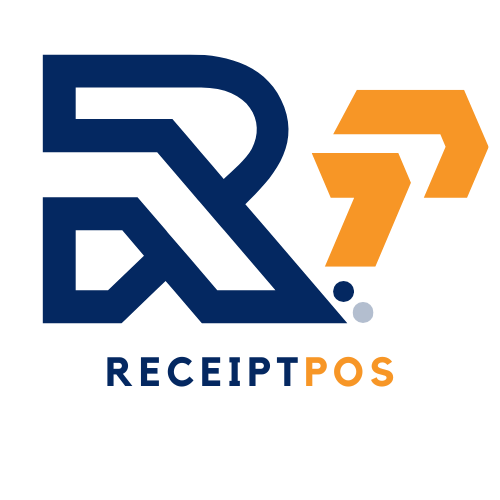

The easiest, most reliable way to grow and manage your business is right at your fingertips with our cloud-based POS and inventory management system.
Check your business data from anywhere, anytime. See live updates in realtime
No software to install, No hardware dependency. Just open browser & start using our pos with no effects.
Manage stock of multiple branches in one place effortlessly & real-time.
Powerful user Role & Permission management to limit employees access to business data
Manage stocks with from multiple locations, stock expiry, lot number, stock history & much more.
Manage & easily invoice for services. Also dedicated repair service management features to schedule & deliver services on time
Manage your finances effortlessly with real-time analytics, automated reports, and seamless invoicing — all in one powerful accounting platform.
Customer Support
Uptime Guarantee
We bring the results while helping you achieve cost and time savings without taking on risk or management overhead.

Introduction In today’s competitive business environment, a Point of Sale (POS) system is no longer just a tool for processing transactions—it is a central component of business operations. A modern POS system helps businesses streamline workflows, enhance customer experiences, and increase sales. However, with numerous POS features available, selecting the...
ReadStaying ahead of the competition in the fast-paced business world of today requires embracing cutting-edge technologies that improve customer experiences and streamline operations. One such development in technology is the use of cloud-based point-of-sale (POS) systems. These systems are a great option for contemporary businesses because of their unmatched scalability...
ReadAs businesses continue to evolve, so must the systems they rely on. Point of sale (POS) systems are no exception. In today’s market, businesses have the choice between traditional, cloud, and hybrid POS systems. Each of these systems has its own advantages and disadvantages, and it is important to understand...
Read